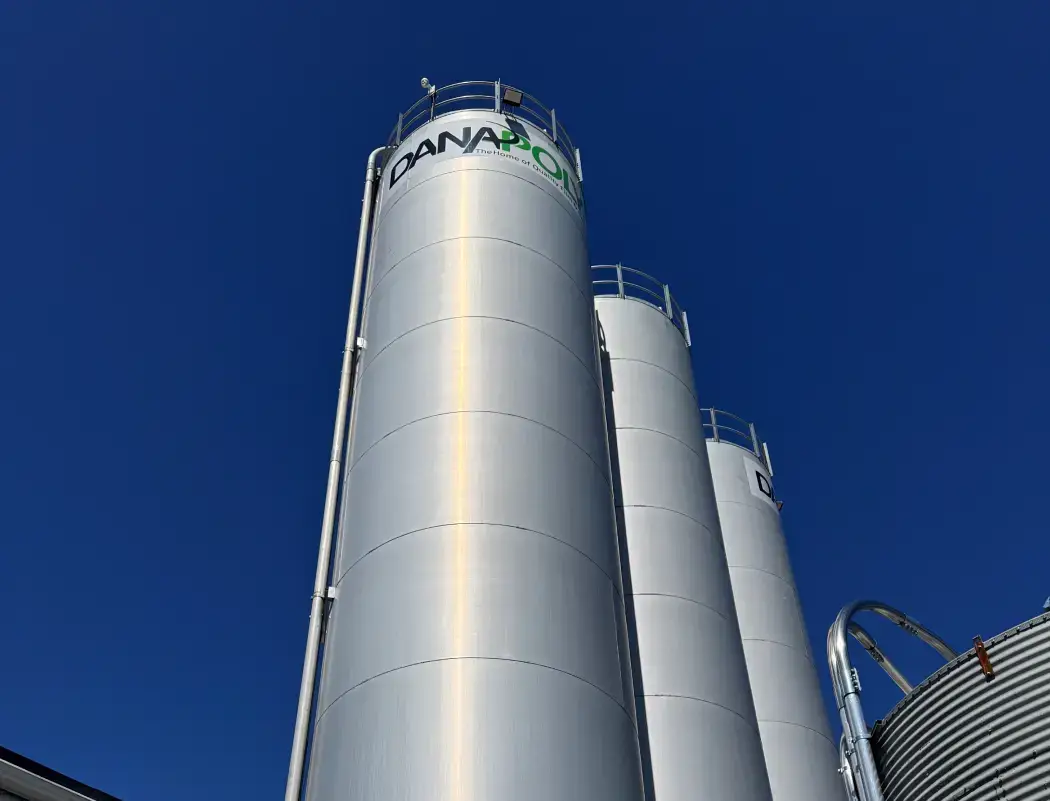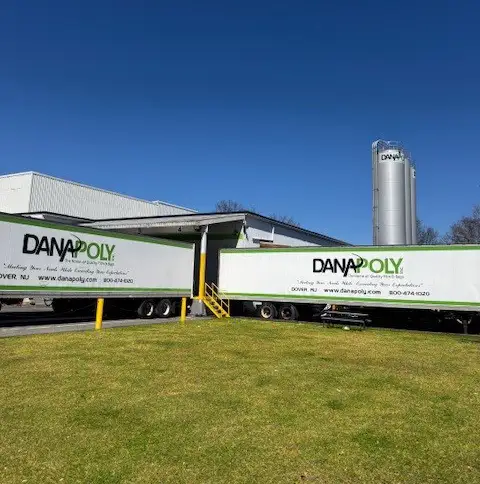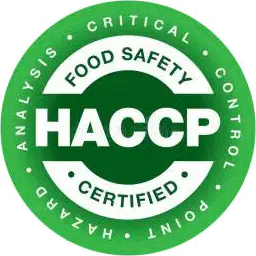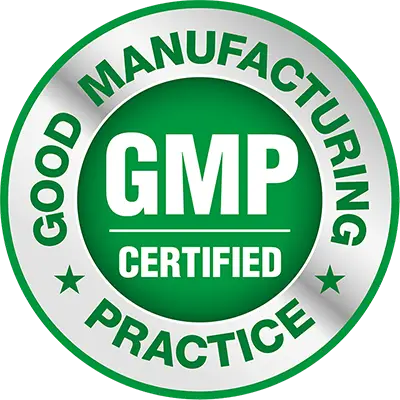Versatile Polyethylene Plastics
Strength, Durability, and Practical Applications
Polyethylene plastics are among the most widely used materials in the packaging industry, offering a combination of strength, flexibility, and moisture resistance. From heavy-duty industrial applications to everyday consumer products, different types of polyethylene provide unique benefits suited to specific needs.
Whether you require high clarity, tear resistance, or anti-static properties, understanding these variations can help you choose the right plastic for your application.

Types & Uses of Polyethylene Plastic (PE)
Choosing the Right Polyethylene Material for Your Needs
- Polyethylene (PE) – Lightweight, strong, water-resistant, and ideal for industrial packaging.
- High-Density Polyethylene (HDPE) – Non-porous, cost-effective, moisture-resistant, and used for thin liner bags.
- Low-Density Polyethylene (LDPE) – Stretchable, tear-resistant, easy to print on, and used for garbage bags and retail carry bags.
- Linear Low-Density Polyethylene (LLDPE) – Highly stretchable, puncture-resistant, and commonly used for liners and trash bags.
- Super Hexene/Metallocene – High clarity, exceptionally strong, and extremely tear-resistant film.
- Anti-Static (Clear, Grey, or Pink) – Reduces static electricity; ideal for packaging electronic components.
- EVA (Ethylene Vinyl Acetate) – Enhances strength in low temperatures, used in freezer storage bags.
- Frac-Melt Shrink – Low-density polyethylene pellets used in film, bags, pipes, furniture, and plastic lumber.
- Specialty Tiger Blend – Custom alternative for down-gauging plastic film to reduce costs.




